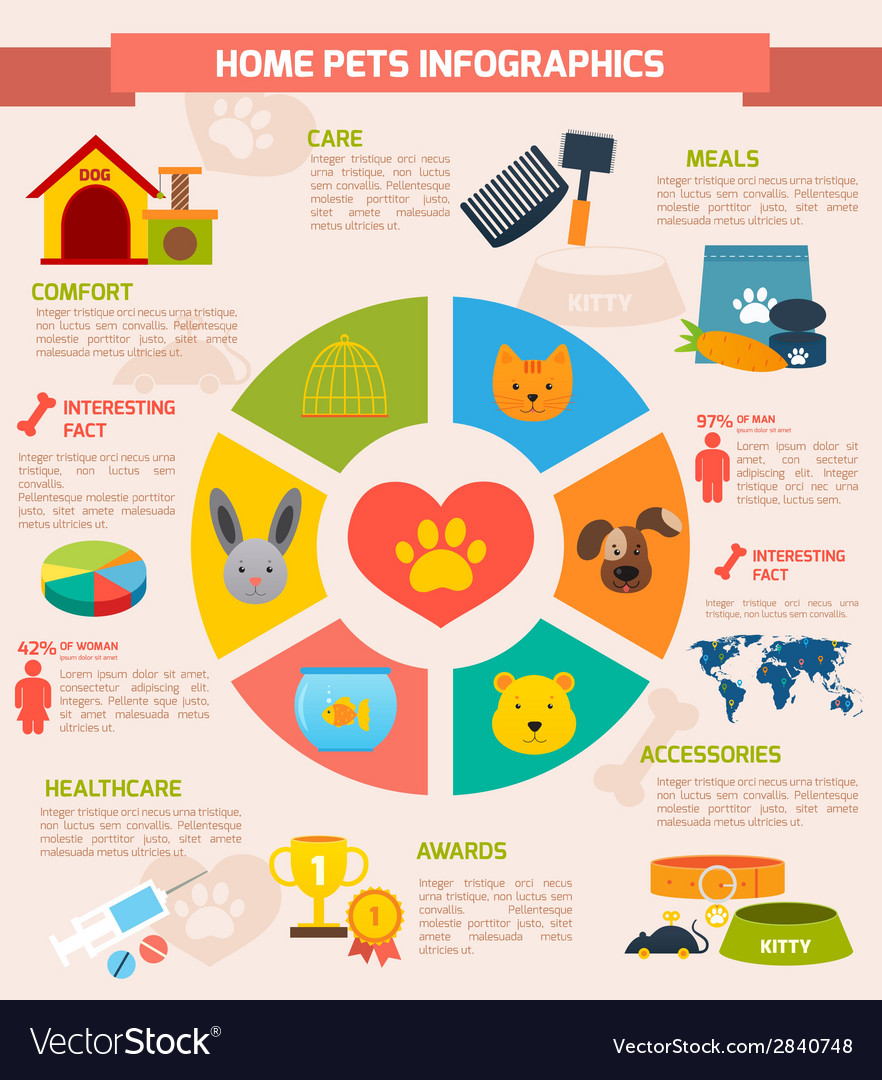Dog Daycare Safety Standards
Dog Daycare Safety Standards
Blog Article
Can Pet Daycare Reason Disease?
Opportunities are that if your pet dog is on a regular basis exposed to other dogs, even if they're effectively immunized, they may return with some sort of disease. Inoculations, routine vet appointments, and good hygiene practices can reduce risk aspects for infection and disease.
Emphasized or distressed pets can develop gastrointestinal problems and other health issues that are easily spread between dogs. Establishing age restrictions and behavioral rules can aid ensure that only healthy and balanced pets enter your center.
Distemper
Canine distemper is a significant and usually deadly infection that strikes a pet dog's respiratory system, digestion, skin and body immune systems. Young puppies are particularly vulnerable and can contract the disease through straight contact with a contaminated pet or with the airborne transmission of virus particles produced throughout coughing, sneezing or taking a breath.
The incubation duration for canine distemper is between 3 and 7 days. While young puppies at day care may appear to capture parvo from one more infected dog, it's not likely given that the incubation duration is so short.
While there is no cure for canine distemper, supportive care can aid pet dogs recuperate. This includes fluids, antibiotics and drugs to regulate seizures. The Drake Facility for Veterinary Care notes that signs and symptoms consist of drippy eyes and nose, diarrhea, vomiting, anorexia nervosa and neurological troubles such as twitching and tremblings. Puppies require a complete inoculation series and yearly boosters to shield them versus this illness, which is why trusted doggie childcare facilities require current inoculations.
Kennel Cough
Kennel Cough (Pooch Contagious Tracheobronchitis) is an extremely contagious top breathing problem triggered by bacteria and viruses. It spreads out with airborne beads from a coughing or sneeze, direct contact, and sharing of infected items such as toys or water bowls. It is endemic in position where lots of canines are housed close together, such as kennels, dog parks, brushing beauty parlors and shows. Several vaccinations are readily available to safeguard against the virus that trigger kennel cough, and correct hygiene practices can aid protect against infection.
The traditional signs and symptom is a dry, hacking cough comparable to that of a goose honk, and many pets recuperate with little intervention. Nonetheless, serious cases can cause pneumonia, and young puppies or dogs with pre-existing ailment are at greater danger for problems. To quicken healing, use a harness as opposed to a collar while your pet is recuperating to stay clear of inflammation to the windpipe. A humidifier may additionally assist to moisten the air and stop dry coughing.
Parvovirus
Parvovirus (CPV) is a severe illness in dogs. It is similar to feline panleukopenia (feline distemper), but it's a lot more fatal and can spread out rapidly amongst pet dogs due to its exceptionally resilient nature.
This infection attacks the digestive lining of a pet dog, destroying it and creating germs to dismiss into the blood stream. The weakened body immune system and overwhelming microorganisms result in septic shock, which is generally fatal.
The good news is, veterinary health centers provide reliable treatment for parvovirus. These medicines are given straight into an individual's bloodstream and targeted towards the details stress of parvovirus. This therapy method is very effective and assists re-train the immune system to combat off the infection. Dogs with serious signs and symptoms are typically hospitalized for numerous days for monitoring and extensive care to ensure their survival. Pups, unvaccinated dogs and pet dogs with weak body immune systems are particularly prone to parvovirus. This is especially true for pups born to stray moms and sanctuary environments, where they are subjected to lots of various other sick and prone dogs.
Dog Flu
Canine influenza (CIV) is a transmittable respiratory illness that can be brought on by dogs sharing polluted surface areas or direct contact with breathing secretions. CIV spreads easily in atmospheres where there are high varieties of pets, such as canine parks, day cares, brushing centers and veterinary centers.
Contaminated pets shed the virus via aerosol respiratory droplets when coughing or sneezing, and might infect objects they enter into contact with like cages, toys, food bowls, chains and the hands and clothing of people that handle them. Canines luxury dog boarding kennels can additionally be "silent carriers" spreading the infection without showing any kind of signs and symptoms themselves.
Symptoms of canine flu consist of nose and eye discharge, cough, fever, loss of appetite, and weak point. The infection can proceed to pneumonia, which can be deadly in some dogs. PCR viral testing is available for confirmation of infection. Preferably, examples (generally deep nasal or pharyngeal swabs) for PCR testing should be collected within four days of the beginning of scientific indicators.